“We only have sight. He has vision.” This is one of my favourite quotes from the biopic Srikanth, which perfectly captures the indomitable spirit of Srikanth Bolla, a remarkable man who is one of India’s most successful young entrepreneurs. Srikanth is an industrialist, a champion of social change, a disruptor, and a visionary. He also just happens to be visually impaired.
The movie begins the day Srikanth was born. In his first moments, Srikanth’s father, Damodar, proudly holds his newborn and sees a shining future where his child could become anything in life. Then he sees his son’s clouded eyes, and the future begins to look bleak. It is a powerful moment that immediately shows how the struggles the differently abled face are largely false limitations that others project onto them.
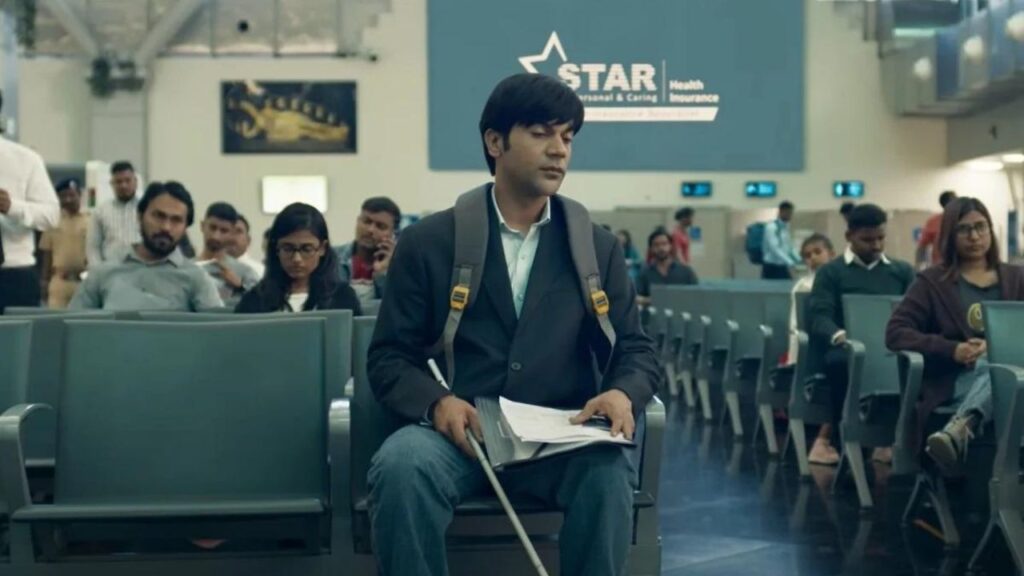
Srikanth quickly proves he doesn’t function within the barriers and boxes that people place him in. Watching this young man dismantle the discrimination society throws at him is simultaneously thrilling and humbling. He becomes the first visually impaired student in India to pursue science and the first to attend MIT. The court scenes where Srikanth passionately challenges the law to prove that you don’t need sight to study are both eye-opening and moving.
There’s also a sweet pleasure in watching Srikanth get back at all the people who bullied or took advantage of him for being blind. He never lets an opportunity pass by to publicly roast those in power, be they his school principal, the board of higher education, or even future investors. We’ve heard of mic drops, but just wait until you see Srikanth do a cane drop. It’s so very satisfying.
The best revenge, though, comes through kindness. When Srikanth returns to his village, he crosses paths with Mahesh, a childhood bully who always said that the only thing a blind boy was good for is begging. Old habits die hard, and Mahesh bitterly refuses to see the success that Srikanth has become. But when Mahesh is nearly thrown off a bus, Srikanth quietly saves his tormentor by giving him pity money. It’s the ultimate clapback.
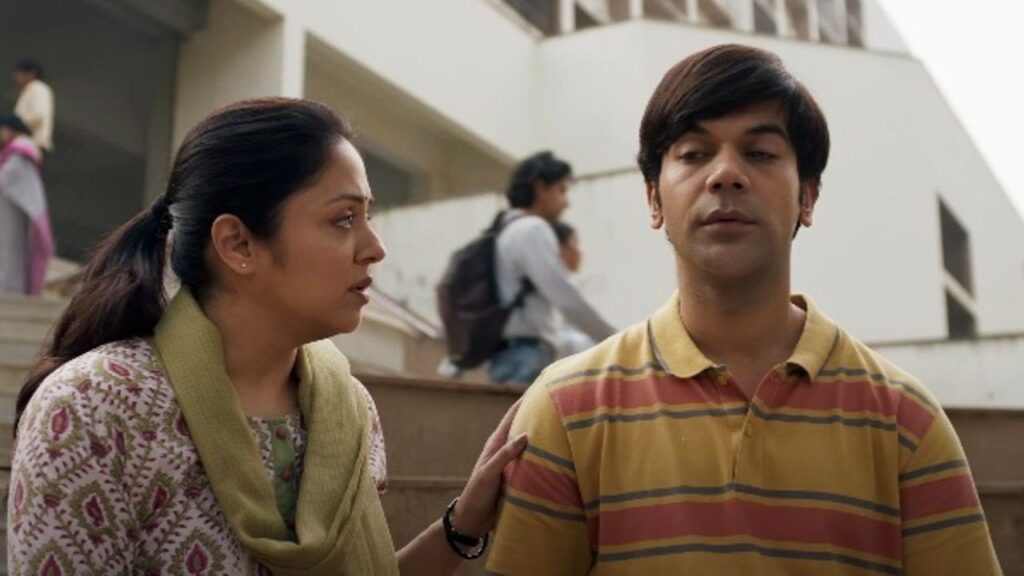
There is, however, one shocking instance when Srikanth actively exploits his blindness to get his way. When his landlord asks for overdue rent, Srikanth says that pressuring a blind man is dangerous. He threatens to kill himself and blame the landlord in his suicide note if the man doesn’t back off.
Srikanth’s morally grey behaviour is understandable, though, if you consider how his personality and worldview developed. All his life, he has been caught between two points of view. Those who disliked him called him “garbage,” while those who admired him think he’s a “God.” Even though he has an almost narcissistic self-confidence that’s de rigour for big business, how Srikanth sees himself is shaped by how others see him, and his self-image swings between the two extremes.

I do appreciate how this movie doesn’t fall into the trap of upholding the noble minority – the sanitizing tendency of the media to represent the disabled as saint-like (and, ironically, less than human). Srikanth is a full human being, one with many outstanding qualities but also flaws. He’s allowed to make mistakes and behave badly, just like everyone else.
The one minor thing that broke the realism for me is how overly mature Srikanth looks. Rajkummar Rao does a fine job portraying our protagonist, but frankly, he’s pushing 40, while the real Srikanth Bolla, who’s won many awards as a young entrepreneur, only just turned 33. It’s jarring to see Rao in a schoolboy’s uniform, sporting a 5 o’clock shadow, and towering over the other children. Even when he attends MIT, he looks old enough to teach.
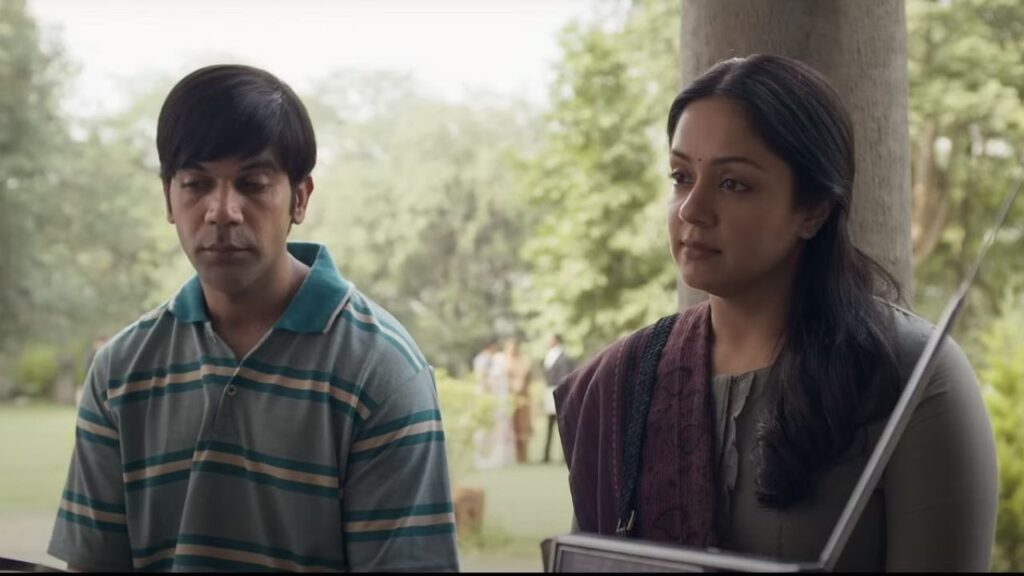
I also wish the movie spent more time developing the other characters. Srikanth has many people who love him, like his teacher Devika, and girlfriend Swathi. But they feel superficial and more like props meant to service his story. Swathi has minimal screen time beyond the obligatory song-and-dance montage. She’s relegated to cheerleading from the margins when she should be a pivotal force in Srikanth’s life.
Still, Srikanth the movie, and the man, remind us that we must learn to see visually impaired individuals the way Srikanth sees himself – as people who can achieve anything that they dream of. As he says, “Dreams are never practical. And practically, dreams are all I can see.” That’s the mark of a true visionary: someone who lights the path for those behind him.

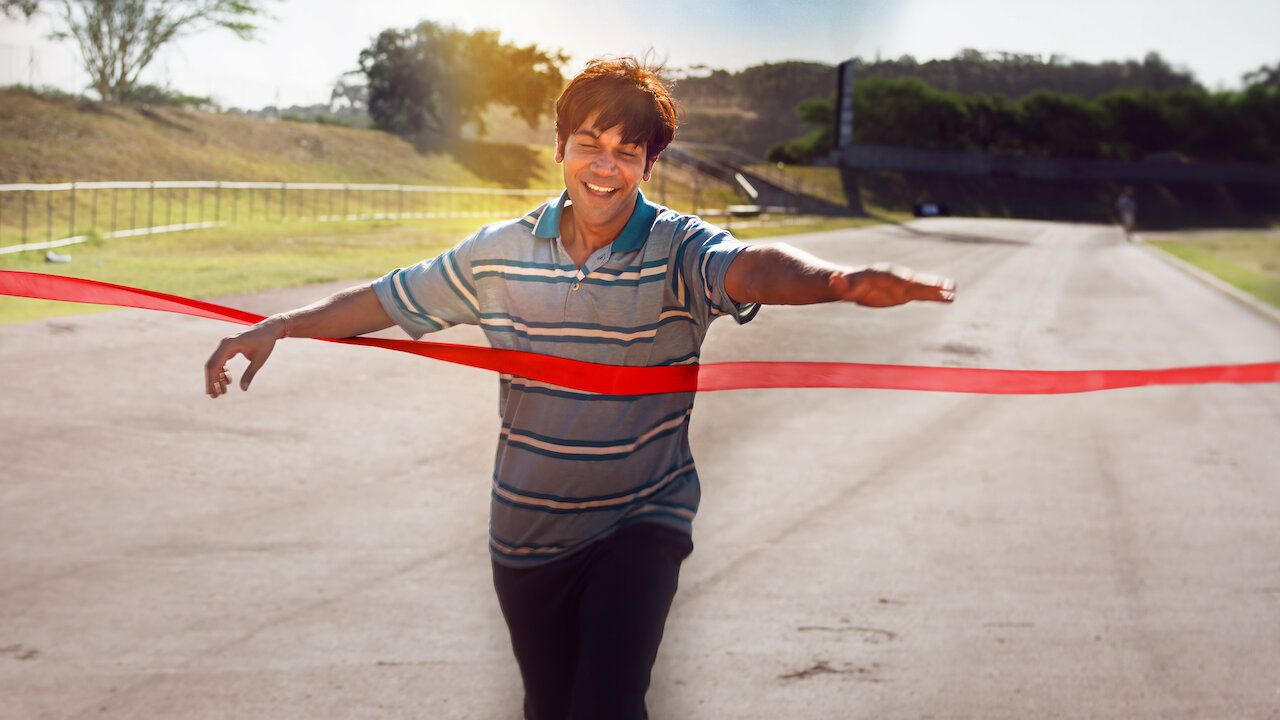
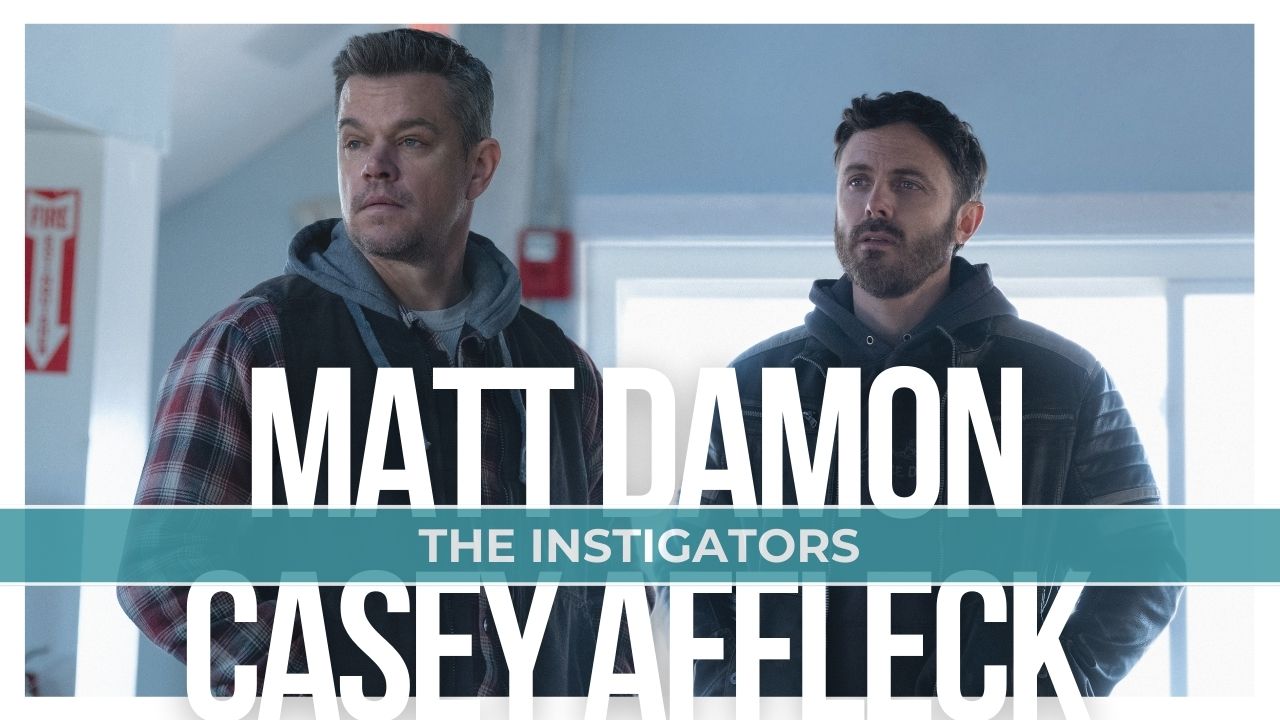

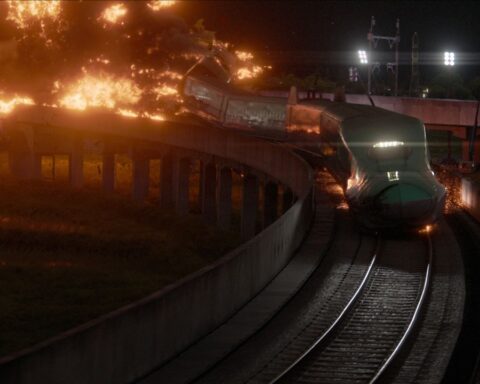
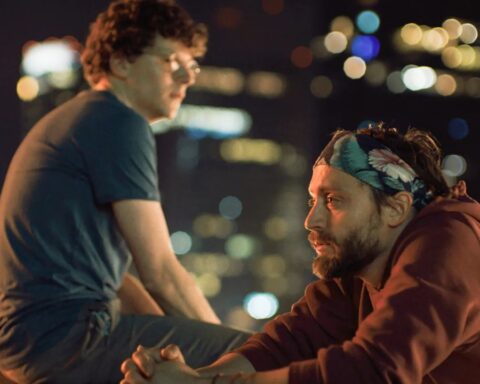

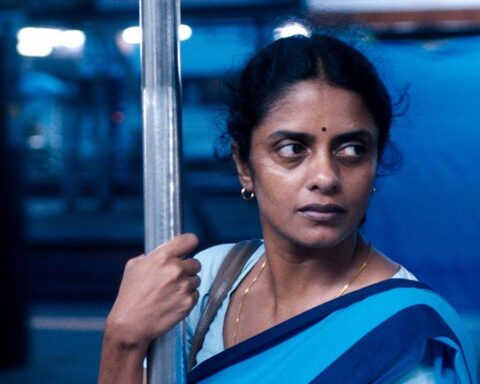

Follow Us